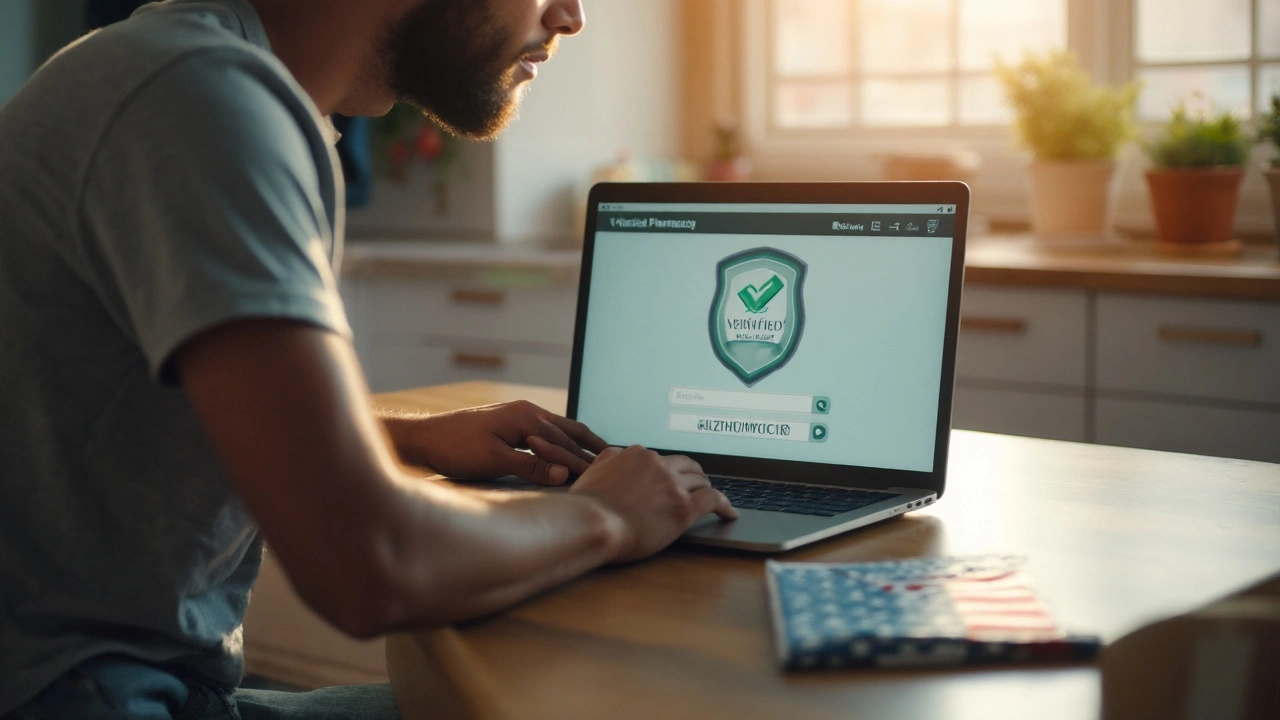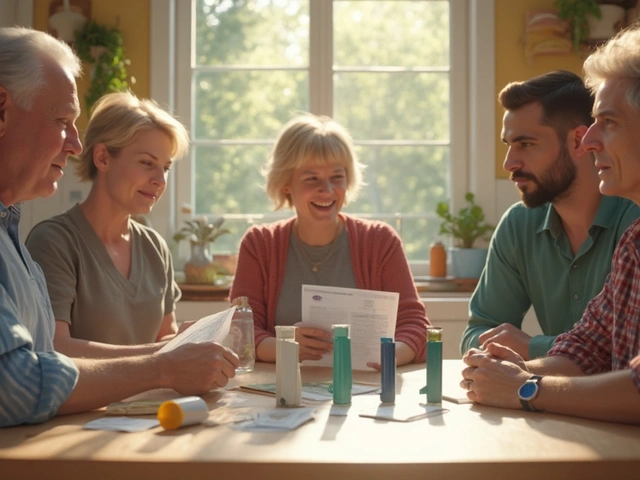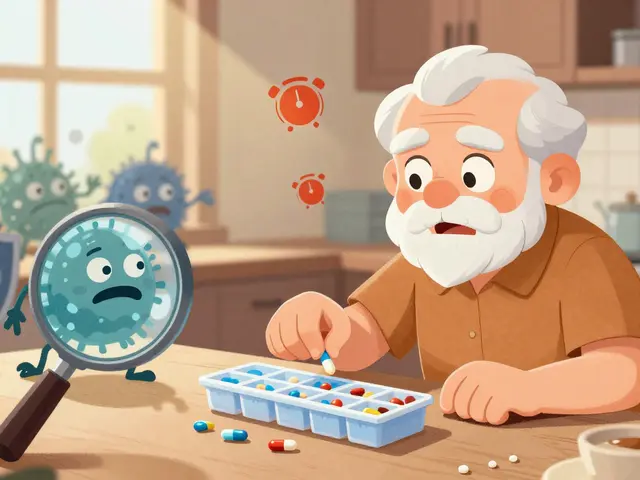Antimicrobial Resistance – Quick Guide for Everyday People
Antimicrobial resistance (AMR) happens when germs like bacteria, viruses or fungi stop responding to medicines that used to kill them. When an infection becomes resistant, the usual pills or shots no longer work, and treatment gets harder, longer, and more expensive.
Most of us have heard the term "superbug" on the news. Those are simply resistant germs that survive even strong antibiotics. They can cause pneumonia, urinary‑tract infections, skin infections, and more. The scary part is that resistance spreads fast – one person can pass a resistant bug to another, and the bug can share its resistance genes with different germs.
Why AMR Is Growing So Quickly
There are three big reasons resistance is on the rise. First, antibiotics are overused in human medicine. People often take a pill for a cold or viral infection when it won’t help, giving bacteria a chance to learn how to dodge the drug.
Second, farms use large amounts of antibiotics to keep animals healthy and to boost growth. Those drugs can leak into the environment, letting resistant germs move from animals to people.
Third, new antibiotics aren’t being discovered fast enough. Developing a new drug can cost billions and take years, so pharmaceutical companies focus on other medicines that make more money.
Simple Steps You Can Take Right Now
Even if you’re not a doctor, you can slow AMR down. Always follow the prescription exactly – finish the whole course, don’t skip doses, and never share your meds. If a doctor says you don’t need antibiotics for a viral illness, trust that advice.
Stay up to date with vaccinations. Preventing infections means fewer chances to use antibiotics. Good hand‑washing, covering coughs, and keeping wounds clean also cut down infection risk.When you travel, be aware of local antibiotic guidelines and bring a small medical kit with basic first‑aid supplies. This helps you avoid self‑medicating with leftover pills.
Support policies that limit antibiotic use in livestock and encourage research into new drugs. Signing petitions, voting for responsible health legislation, or simply spreading the word can make a difference.Lastly, if you suspect you have an infection, see a healthcare professional for proper testing. A lab can tell which drug will work best, saving you from unnecessary pills and helping doctors keep effective antibiotics alive.
AMR isn’t just a hospital problem – it’s a community issue. By using medicines wisely, staying clean, and backing smarter health policies, you help protect the drugs that keep us healthy today and tomorrow.

How to Safely Buy Cheap Generic Azithromycin Online - A Practical Guide
Learn how to purchase affordable generic azithromycin online without compromising safety. Get tips on verifying pharmacies, avoiding counterfeits, and staying within legal limits.
View More


